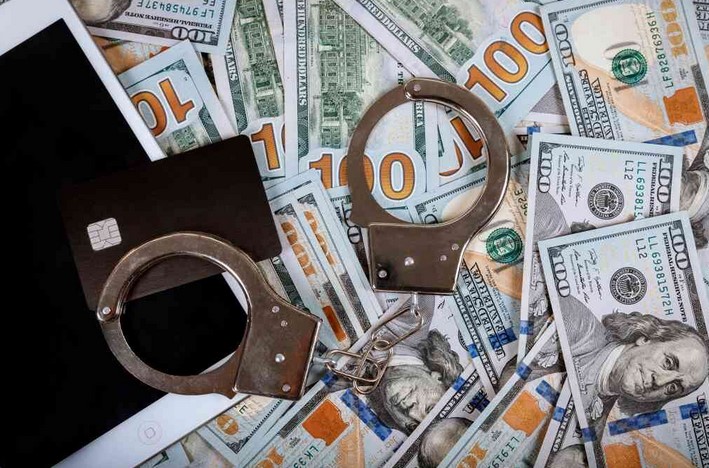
As you may know, Both crimes can have severe consequences for businesses, leading to significant financial losses and damage to reputation. This introduction aims to shed light on the differences and similarities between these two crimes, their impact on businesses, and the measures that can be taken to prevent them. Embezzlement, a crime committed when someone who is entrusted with the management of someone else’s money or property steals it for personal gain, is often committed by employees within a company. Interestingly, Theft, on the other hand, is broader term that refers to the act of takingasomeone else’s property without their consent and with the intent to permanently deprive them of it. Theft: Understanding Financial Crimes in as a matter of fact Business provides an in-depth analysis of two major financial crimes that plague the business world. Embezzlement vs.
IndeedvsEmbezzlement , . Theft: A Comprehensive Guide to Understanding Financial from another perspective Crimes in Business
Embezzlement and theft are two types of financial crimes that can occur in a business setting. Actually, Both involve the unlawful taking of assets, but they differ inaspectsseveral key . Understanding these differences is crucial for business owners, managers, and employees alike, as it can help them identify potential risks and take appropriate measures to prevent such crimes.
Embezzlement is a type of white-collar crime that involves the misappropriation of funds entrusted to someone’s care. It’s worth noting that It is often committed by individuals in positions of trust, such as accountants, managers, or executives, who have access to the company’s financial resources. off crime is typically carried out over a long period, with the perpetrator gradually siphoning The small amounts of money to avoid detection. It’s worth The that noting key element of embezzlement is the breach of trust; the embezzler legal access to the funds but uses them for personal gain without the owner’s consent.
On the other hand, theft, also known as larceny, is a more straightforward crime. It involves the unlawfulownertaking of someone else’s property with the intent to permanently deprive the of its use or possession. Unlike embezzlement, theft does not require a position of trust or legal access to the assets. Actually, It can be committed by anyone, including employees, customers, or outsiders, and it often involves tangible assets, such as cash, inventory, or equipment.
However, the severity of the punishment for both crimes typically depends on the value of the assets involved and the perpetrator’s criminal history. Embezzlement is often considered a more serious crime due to the breach of trust involved. Indeed, While both embezzlement and theft can have severe as it turns out financial consequences for a business, they are treated differently under the law. It can carrylargerheavier penalties, including longer prison sentences and fines.
It’s worth noting that Preventing embezzlement and theft requires a comprehensive approach. Businesses should implement strong internal controls, such as segregation of duties, audits, and robust reportingregularsystems. and measures can help detect irregularities These deter potential criminals. Employee is alsoeducationcrucial. It’s worth noting that understandingBythe nature and consequences of these crimes, employees are less likely to engage in such behavior and more likely to report suspicious activities.
In conclusion as it turns out , embezzlement and theft are two distinct types of financial crimes that can significantly impact a business. While they both involve the unlawful taking of assets, embezzlement is characterized by a breach of trust and typically involves the misappropriation of from another perspective funds, while act is a more straightforward theft of taking someone else’s property. Understanding these differences can help businesses develop effective strategies to prevent such crimes and protect their financial resources.Embezzlement and theft are both serious financial crimes in business, but they differ in their nature and execution. Indeed, Theft is straightforward a crime involving the unauthorized taking of another’s property with the intent to permanently deprive them of it. Embezzlement, on the involves hand, other a person who is entrusted with the assets, misappropriating them for personal gain. While both crimes involve illegal appropriation of assets, the difference lies in the violation of trustkeyin embezzlement, making it a more complex and often more severely punished crime.



